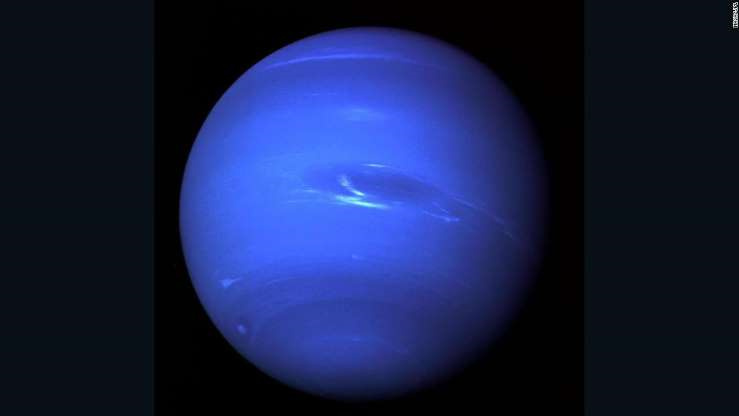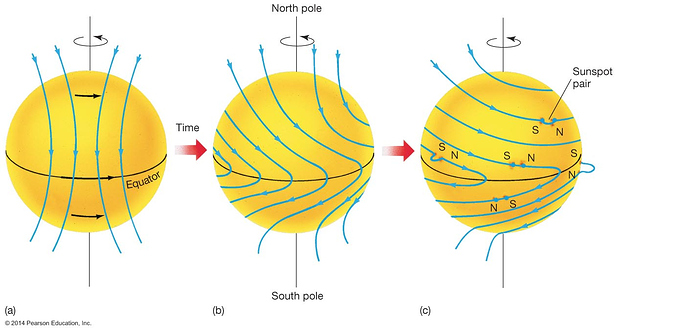That’s kind of a pet peeve of mine as well. When I see news stories talking about how people who eat kale every week live longer! as if kale is giving people a longer lifespan I can’t help but roll my eyes. You know who eats kale every week? People who aren’t fat slobs who spend all day shoveling junk food into their gullet in between cigarette breaks without getting an lick of exercise. So no shit those people live longer.
What is your opinion on Dr Oz?
Lock him up. Put him in a tiny cell with Dr. Phil. See who survives.
Also, I prefer hashish science.
I don’t think this is quite fair. The study was designed to examine the relationship between ASBs and stroke, CHD, and mortality in women. They found a significant relationship, which they reported as their topline result:
The finding in this largest US cohort study of postmenopausal women of a positive association between higher intake of ASB (twice or more daily) and the incidence of ischemic stroke, in particular SAO subtype, CHD, and all-cause mortality, but not hemorrhagic stroke
No mention of BMI, yet. Then they did a subgroup analysis, which showed significant stroke risk only for BMI > 30. At the same time, high consumption of ASBs actually increased mortality in women with BMI <30, but not BMI >30. Huh.
These are interesting exercises in data-mining, but they don’t invalidate their main hypothesis (which was not aimed at BMI). There are lots of reasons why a subgroup analysis might fail to show significance. In principle, if you divide a population into enough subgroups then they could all individually be negative, even if together they show a strong effect. Smaller samples mean bigger errors.
Finally, not only CNN, but even the editors of Stroke thought that ASBs present a general risk. Their take-home point was basically the same:
In this study of well-characterized postmenopausal women in the United States, self-reported consumption of ASBs was associated with increased risk of ischemic stroke, CHD, and all-cause mortality.
(EDIT: Whoops! That quote was from the authors, not the editors! This is what the editors said: “These findings are consistent with some, but not all, other prospective cohort studies in diverse US populations that have shown frequent consumption of ASB is associated with an increased risk of vascular outcomes, in-cluding stroke, diabetes mellitus, and dementia, even after adjusting for vascular disease risk factors.”)
They suggest that the BMI analysis might reflect reverse causality (i.e. ASBs increase the risk of obesity at the same time they increase the risk of stroke). Alternately, ASBs increase the risk of stroke because they increase the risk of obesity. As always, more research is warranted.
So is there any non-obesity link for the other non-stroke factors listed? ie. due to the actual chemicals of signature make-up of diet sodas themselves?
I don’t think they really looked at what was in the beverages, just the total amount consumed.
reported consumed.
Yes, good point. Historical risk exposure is by self-report, which is a common limitation for large cohorts like this one.
Again, I don’t think that the study is pointless, just that the news reporting on it was pretty haphazard and picked one sentence out of the entire thing.
I understand. And in general, I agree that the media can be sloppy in their scientific reporting (although what bothers me more is not so much the inaccuracy as the breathlessness and lack of perspective).
But in this case, I think CNN reported what the authors as well as the journal editors consider the main result of their study. Your CNN quote closely parallels my quotes from the paper itself and the accompanying editorial.
Probing deeper is like digging into the internals of the latest political poll: interesting to wonks but not essential to understanding the main result.
For the wonks: there are at least four questions of interest here:
- Does drinking 2 ASBs per day increase stroke risk in women?
- Does drinking 2 ASBs per day increase stroke risk in women with BMI > 25 ?
- Does drinking 2 ASBs per day increase stroke risk in women with BMI < 25 ?
- Does BMI affect stroke risk in women who drink 2 ASBs per day (aka is there an “interaction”)?
According to this study, the answer to questions 1 & 2 is “There is sufficient evidence to answer yes”. The answer to questions 3 & 4 is “There is insufficient evidence to answer yes”.
The latter is commonly interpreted as “No”, but it is actually impossible to answer “No” (using these methods, at least). And note that if you interpret the answer to 3 & 4 as “No”, then they contradict each other. I think it’s helpful to interpret the answers as either “Yes” or “???”.
So personally, I think questions 2-4 are interesting, but probably deserve more study before drawing any conclusions.
/wonk
I just got back online and I am super happy that his thread still exists! Now … If I can just figure it out. Are we taking about diet soda here?
(something tells me this will be a thread that never ends on super strange science …. someone just whisper me if one coke zero a day gives me greater risk of breast cancer)
That’s a cool study. But there is a giant chasm between an aggregation of single-celled algae and a truly multicellular animal.
I do believe that there is going to be a pretty exciting announcement tomorrow by the Event Horizon team.
That’s beautiful.
Interesting article in Sky & Telescope:
In short, it looks like our sun may be unusually low-activity for a star of it’s type. My first thought is that this is a (new?) candidate for a great filter argument - perhaps life is rare in the universe because sufficiently quiescent stars are rare.
Seems like a low activity star, a good Oort cloud, a moon around a planet in the good zone and maybe a few gas giants in nice outside locations means: a more probability of life! Maybe a stretch …
I saw a more condensed article on out sun being more low-activity. I wonder why our sun is so? perhaps it had less objects falling into it to fuel it and stir it up Vin? Maybe same reason we have been spared more objects hitting us. Just a guess. Our solar system “bubble” seems like it might be cleaner that others.
As with anything, we’re trying to draw a trend line from a single point, which is just not a thing it’s possible to do. Any of those (or all of those) could be important but until we can actually find some other life in the universe it’s going to be hard to sketch out a causal relationship.
Solar activity is primarily driven by the rotation of the star - specifically by what’s called “differential rotation” which means material at the poles rotates slower than the material at the equator, so the magnetic field lines get “tangled” over time.
Maybe the rotation of our sun is comparatively slow? Or less differential than others? Hard to say. It’s a little upsetting, really, in that the sun is (obviously) the star we’ve studied most and has generally been considered pretty typical of its class. If it’s an oddball for some reason there’s going to be some scrambling to establish what “normal” really looks like.

